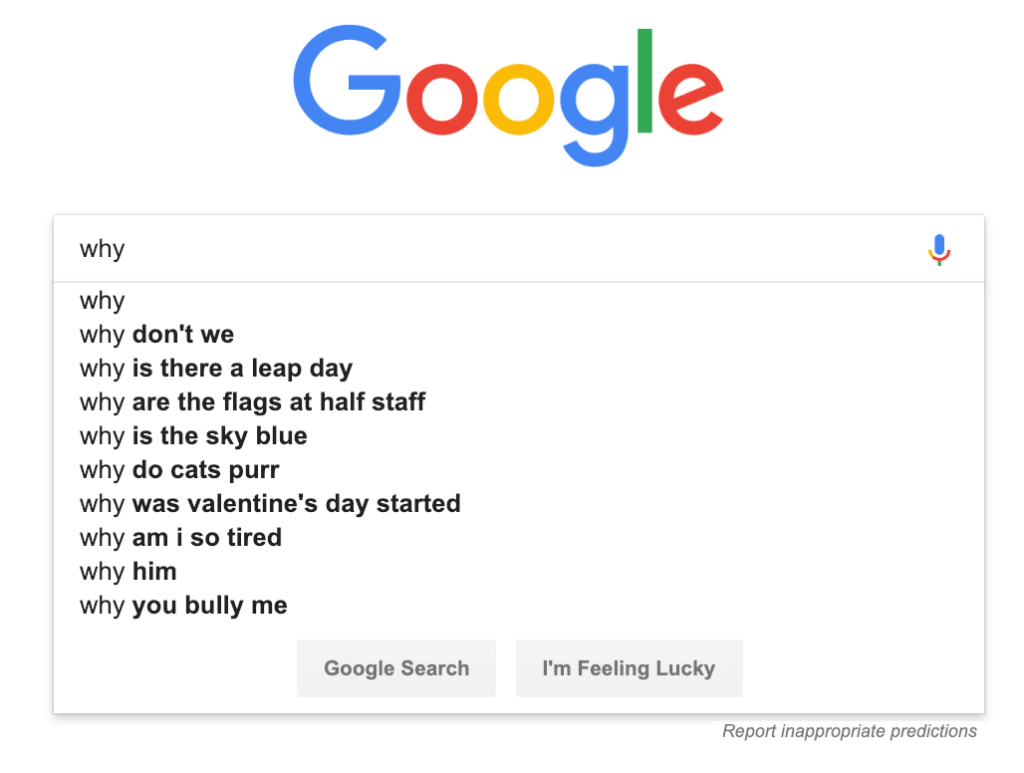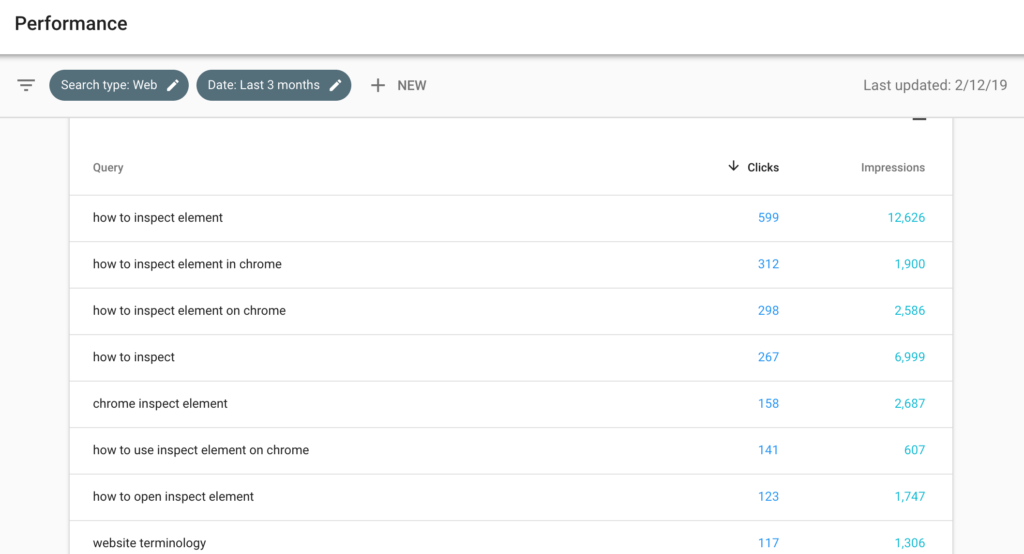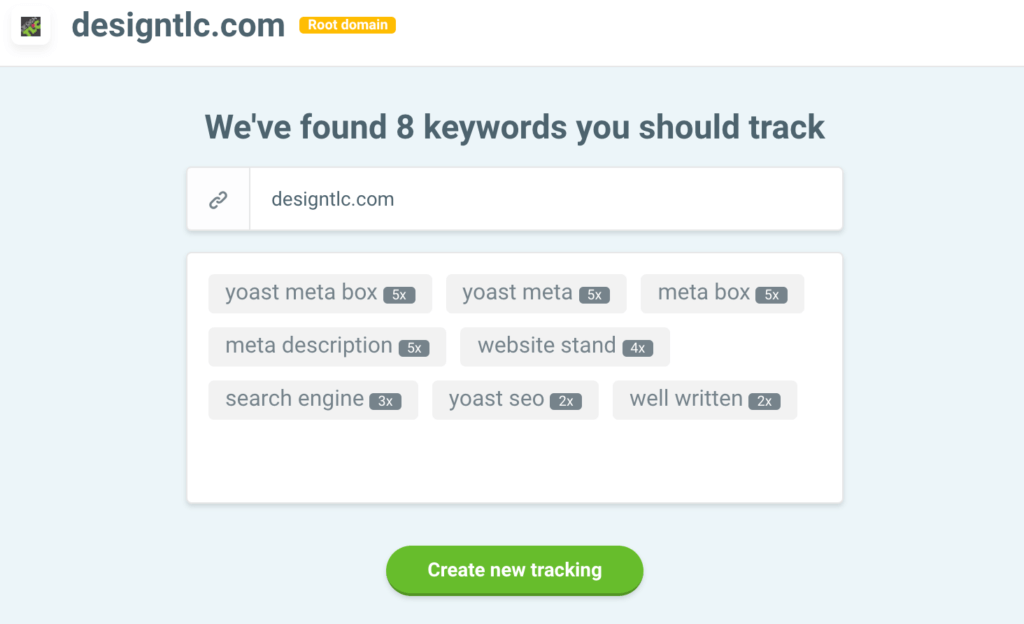How To Search For and Find Keywords

Are you wondering how to search for keywords? Keyword research is an important part of SEO (though not the only part! We go over keywords as part of an SEO strategy for summer camp websites here). This research can be very complex and involved, which takes a lot of time, tools and experience. If you have never done keyword research, there are some basic things you can do to become familiar with keywords in your industry. Knowing more about what terms people are using to search for you is a good first step toward optimizing your site and improving your website’s success in search results.
Brainstorm: Free! No Special Tools Needed
The most basic thing you can do, and the best place to start with keyword research, is to brainstorm and come up with a list of words that apply to your business or organization. Ask yourself, your employees, colleagues and friends:
- How do I/you categorize my business?
- What type of keywords are related to my brand?
- What are terms would one use to find a business like mine?
I put this list into a spreadsheet, and try to get more than 100. Some may seem far-fetched and silly, but those may lead to other words that are a good fit. Don’t limit yourself.
The next step in your brainstorming session is using Google to give you more ideas and hints. When you start typing any terms into the Google Search Bar or your browser bar, you will see some “auto complete” suggestions, where Google is guessing what you might be asking about or looking for. This is also a fun game to play if you check every few days to see what happens when you type “why”:

Google will also help you with your research by listing related searches at the bottom of your search results:

Add these keywords and phrases to your spreadsheet. Now you have a good starting point!
If you want to expand your idea gathering further, you can also use Google’s Keyword Planner. This may require an extra step as you need to have a Google Adwords account to use this free tool (you don’t have to advertise, you just need an account).
Learn which keywords are being used to find your website already
Google Search Console and Google Analytics are free tools you can use to analyze data to help understand how your website is being used, how much traffic it is getting, and much more, including which search terms people used to find your website.

Look at what your competitors are ranking for
Another way to expand your keyword list is to find competitor’s keywords. Start by identifying who your competition is.
- Who are the main players?
- Who are my direct and indirect competitors?
- What is their digital presence like?
- Which pages of their website appear on Google’s page 1?
Look at their listing in Google (the SEO Title and Meta Data) to get an idea of what keywords they are using to rank (remember, our goal is to get on the first page of a Google search). In Chrome, you can use Mangools or Moz Chrome Extensions, which help you identify these elements. SpyFu is a paid tool that looks deeply at your competitor’s keywords and gives you a downloadable list.

Now you should have a pretty overwhelming list of potential keywords. What do you do with them? The next step is determining which keywords are worth optimizing for. This means which words/terms are most relevant, have significant search volume AND are not “out of reach” to rank for. This metric is called “Difficulty” or “Competitiveness.” The keywords you choose must meet these three criteria in order to help your website’s SEO,
Use a Tool
Narrowing down your list can be a daunting task. For this step, you will need to use a tool, or multiple tools. We recommend KWFinder by Mongools, and SEM Rush. Other great tools include Moz and aHrefs. These tools will show you the search volume for your keyword list and the competitiveness of each word. This will help you identify the best opportunities for you to rank. Choosing a word or term with a lot of search volume may seem like a great idea; however these words/terms are often very competitive and used by large, established websites. These sites take up the top positions on the first few pages of search results, which means you will likely never get on page one.
Hire a Professional
Tools are expensive and require a big time investment to learn how to use them. You may consider hiring an SEO professional to conduct keyword research for you, and recommend keywords for your top pages. Whether you are a novice or a professional, keywords research takes an investment of time, attention and resources. The payoff can be worth it if your website shows up near the top of valuable search result pages (SERP) and result in more traffic to your website.